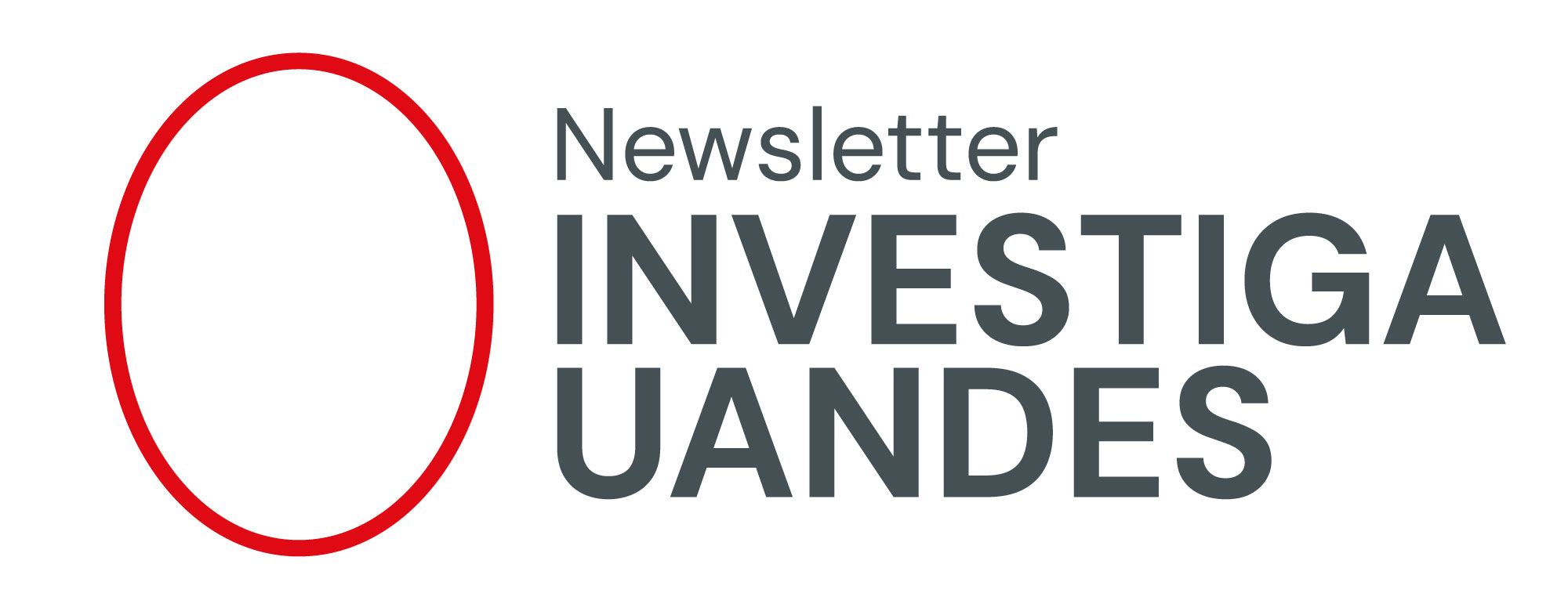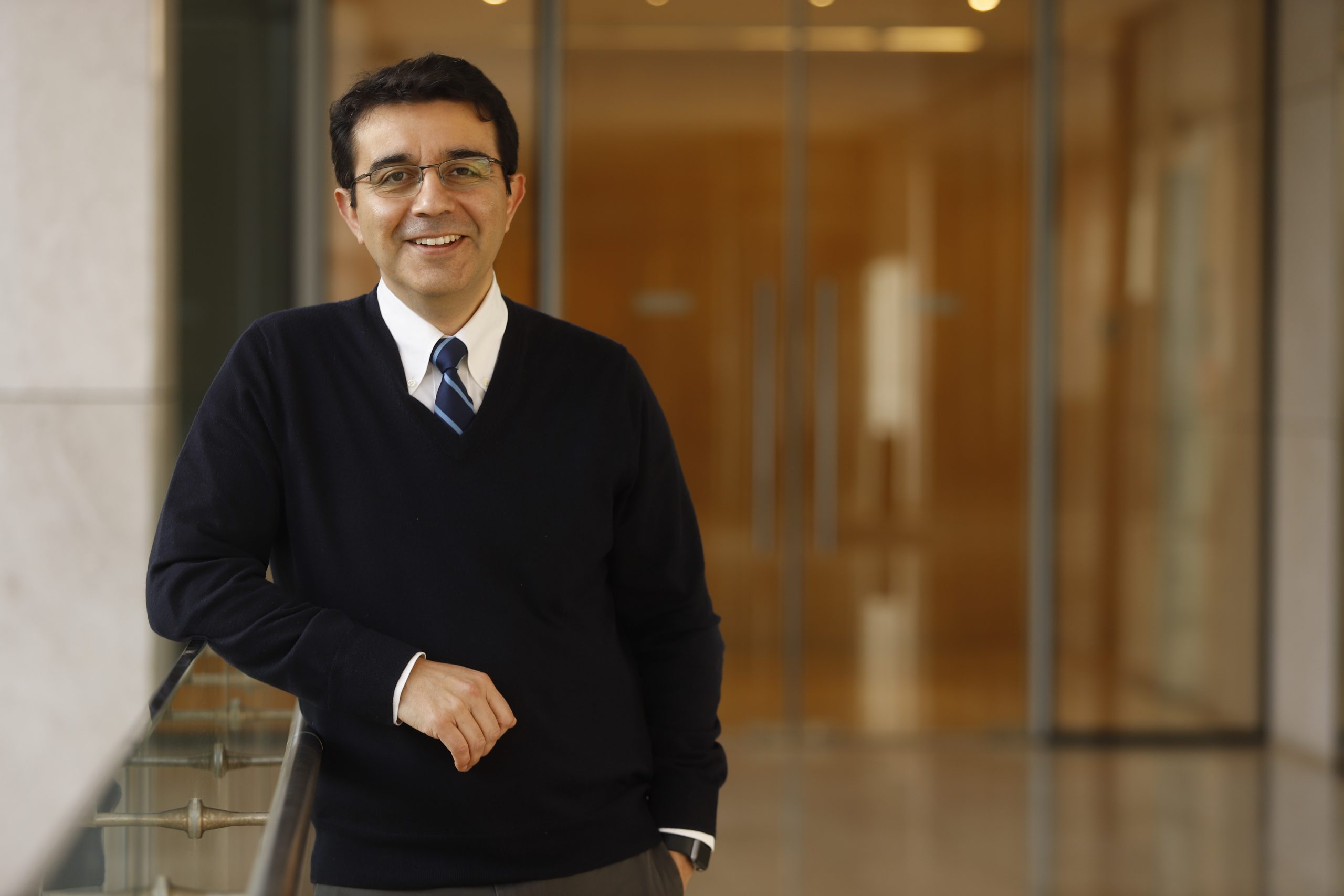Dr. Jorge Gaete, an academic from the School of Education, evaluated the implementation in Chile of a culturally adapted version of the international Social Competence Promotion Program for Young Adolescents (SCPP-YA), renamed "My Best Plan."
Substance use among adolescents continues to be a public health concern. With the aim of addressing this challenge within the school environment, a team of researchers led by Dr. Jorge Gaete, an academic at the School of Education, evaluated the implementation in Chile of a culturally adapted version of the international program Social Competence Promotion Program for Young Adolescents (SCPP-YA), renamed "My Best Plan."
The recently published research consisted of a cluster-randomized controlled pilot study that evaluated the program's implementation in terms of acceptability, feasibility, fidelity, and quality, in addition to exploring its effectiveness in reducing risk factors and strengthening protective factors against substance use.
"My Best Plan" consists of an educational intervention of 16 classroom sessions, designed for sixth-grade students, that promotes social problem-solving skills. The program was delivered by previously trained facilitators and was implemented in a total of 11 schools, although one withdrew after the randomization process.
A total of 765 students participated, of whom data from 538 were analyzed at the end of the intervention. The average age was 11.3 years, and 52.5% of the students were male.
According to the results, the implementation of the program was successful: all sessions were conducted and student attendance remained high, with rates ranging from 83.8% to 92.4% per session. Additionally, 91.3% of students rated the program positively.
Both facilitators and external observers reported high adherence to the planned content, indicating strong fidelity in program execution.
Regarding the program's effects, significant improvements were observed in individual protective factors, especially in negative beliefs about tobacco and alcohol. However, there were no relevant changes in substance use, associated risk factors, or other dimensions such as emotional regulation or sense of school belonging.

